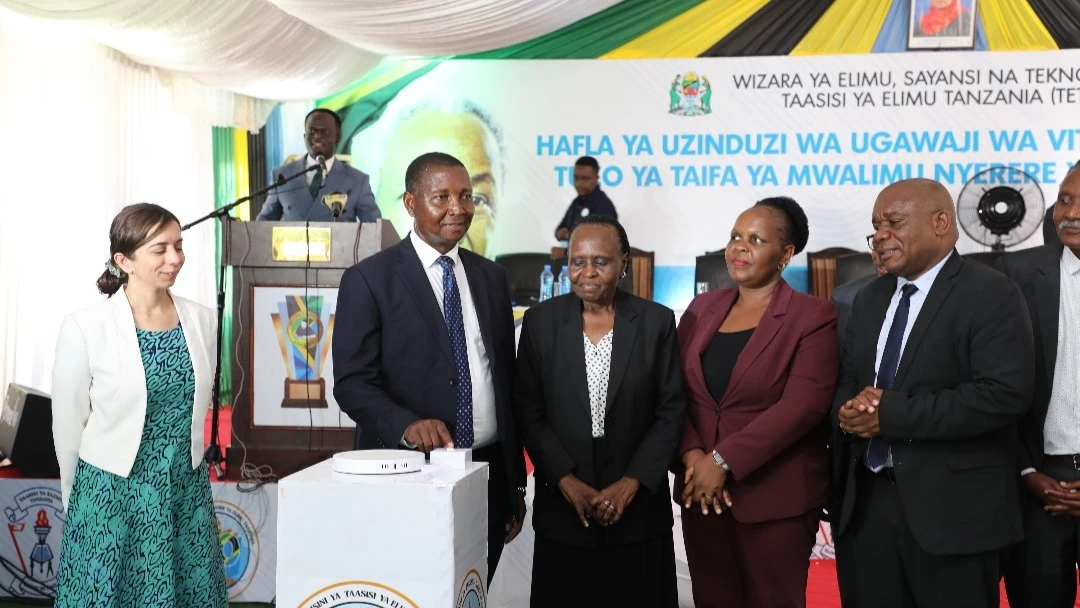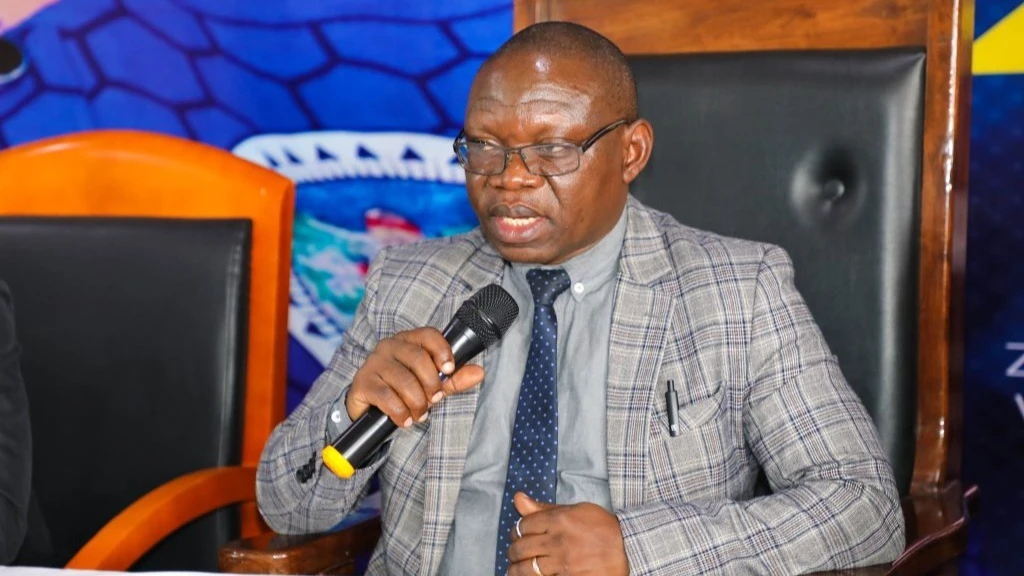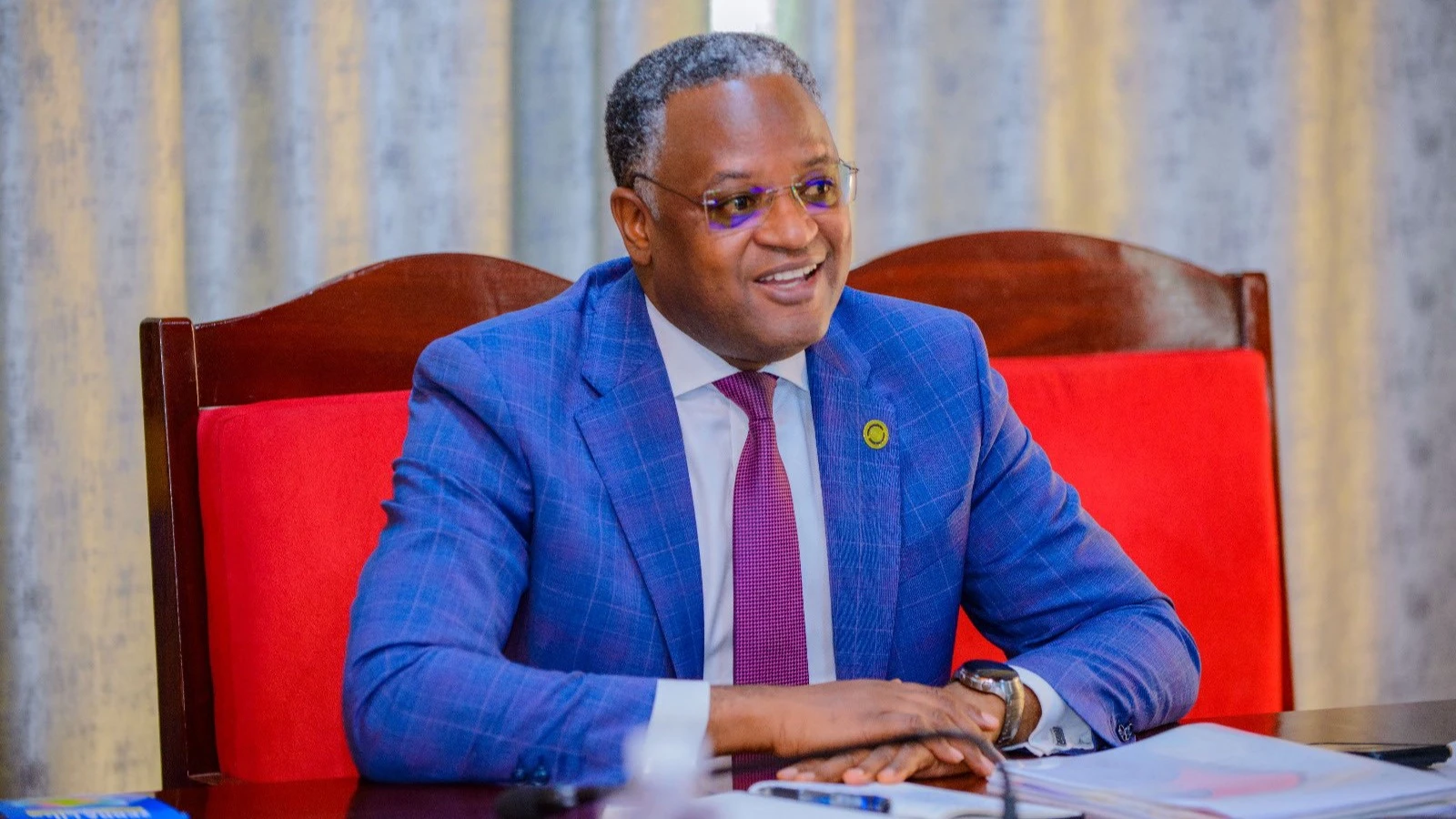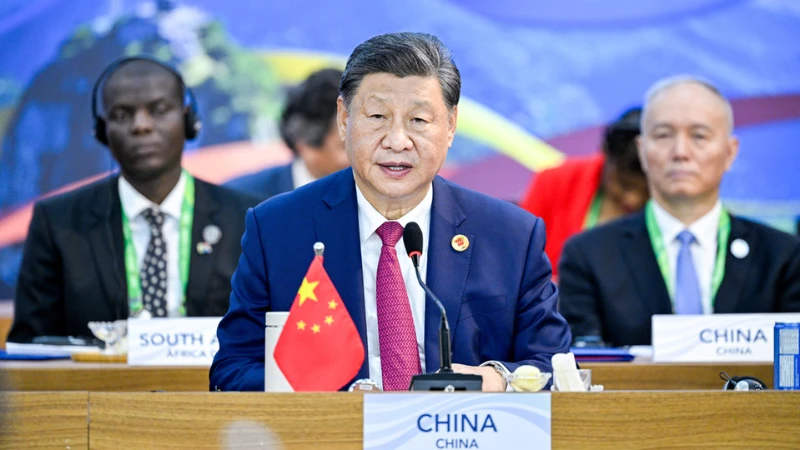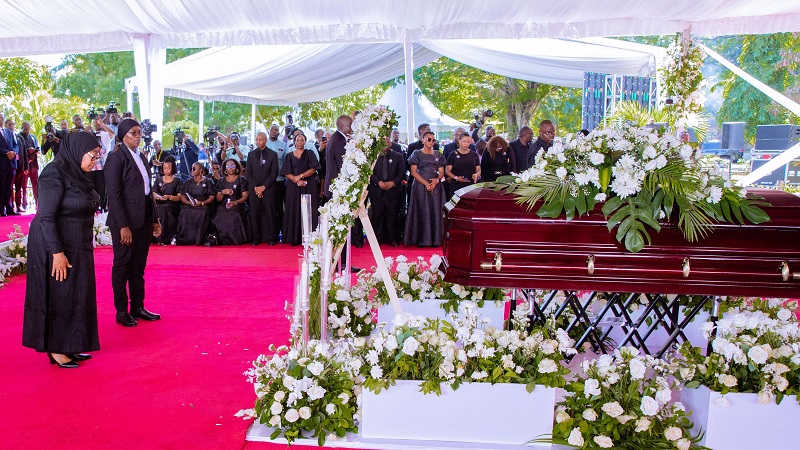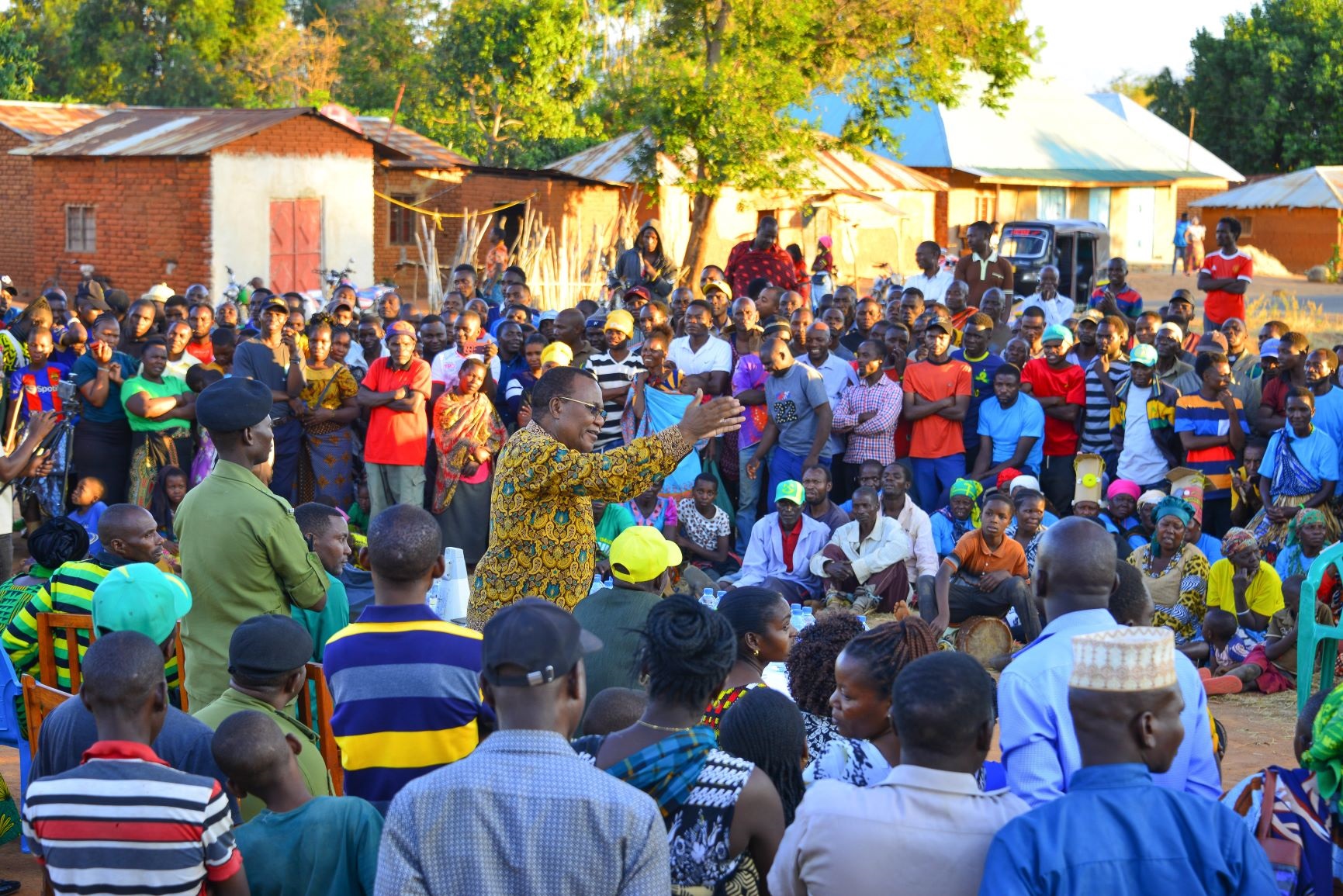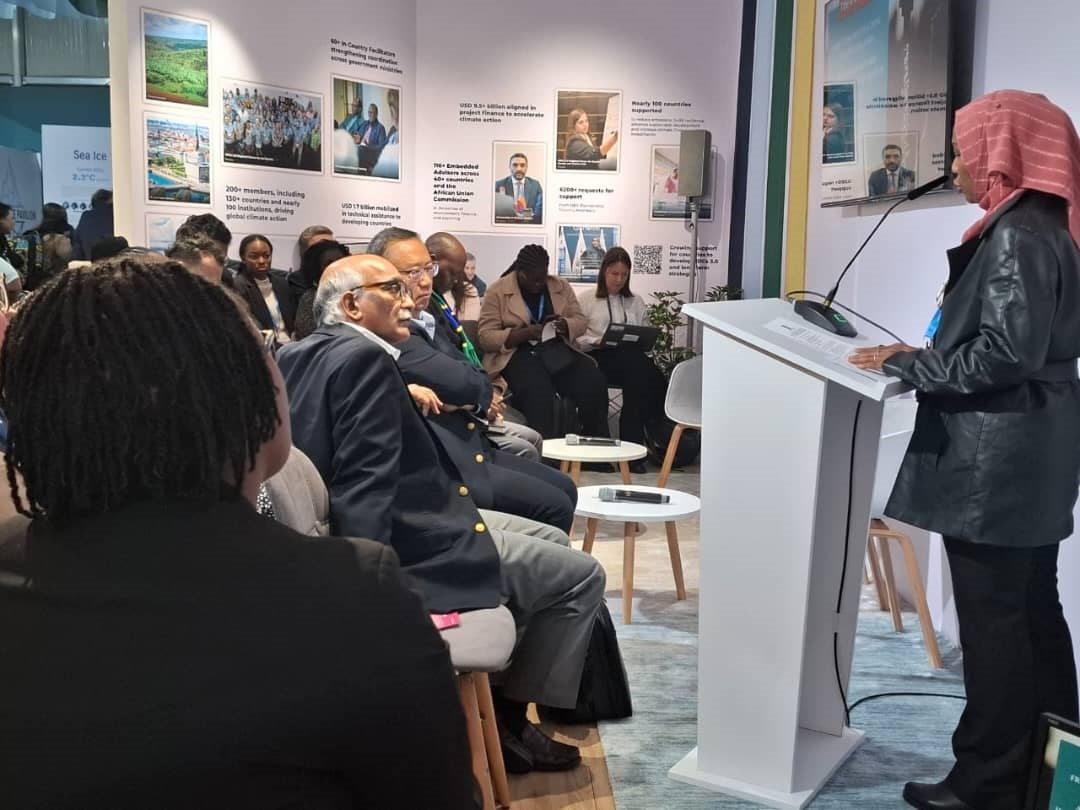Ngorongoro relocations: Tanzania rebuffs existence of ancestral land
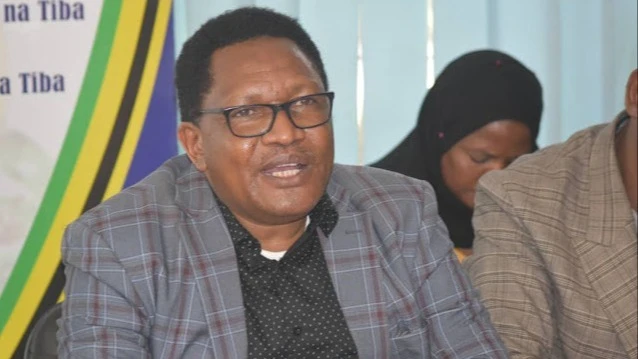
TANZANIA has reiterated its position that all tribes in the country possess equal rights under the law and that no tribe holds greater rights than another.
This comes after some people raised concerns about the relocation of people from Ngorongoro Conservation Area (NCA) as abuse against indigenous people.
Prof Hamis Malebo, Executive Secretary for the National Commission for the United Nations Educational, Scientific and Cultural Organization (UNESCO), made the clarification during the 79th session of the United Nations General Assembly while responding to a report by the Special Rapporteur on Indigenous Peoples.
During a session of the Third Committee on Indigenous Peoples’ Issues, Special Rapporteur José Francisco Calí Tzay raised concerns about the relocation of people within Tanzania.
Prof Malebo asserted that Tanzania does not recognize the existence of ancestral land, tribal land or customary land, emphasising that the information presented by the rapporteur did not align with Tanzania’s domestic laws, leading to potential misrepresentation.
He also noted that the rapporteur’s discussion on land and indigenous peoples overlooked the sovereignty of member states.
“Why address land ownership issues while ignoring relevant domestic laws?” he questioned.
He stressed that, according to Tanzania’s law, the concepts of ancestral land, tribal land, or customary land does not apply. He urged the rapporteur and the international community to recognize that these matters are absent in Tanzania's legal framework.
He further explained that the recent developments in the Ngorongoro area involve voluntary relocations, facilitated by community education, allowing residents to consent and register voluntarily for the move to support conservation efforts.
He reminded attendees of the significance of the Serengeti-Mara ecosystem, the last remaining wildlife migration system in the world.
Prof. Malebo highlighted that Tanzania comprises 31 administrative regions with 26 on the mainland and five in Zanzibar. According to the constitution and laws of the country, any tribe is free to reside anywhere in Tanzania.
He used the Maasai tribe as an example, noting that they inhabit 22 regions, making up 71 percent of all regions in Tanzania, where they maintain their pastoral and cultural lifestyles.
He emphasized that Tanzania’s current land policy grants citizens the right to access and own land anywhere, ensuring their constitutional right to travel and reside freely. This policy has fostered a culture of peace and harmony among Tanzanians.
Prof Malebo invited the special rapporteur to visit Tanzania, specifically Kilimanjaro, Serengeti, Ngorongoro and Zanzibar to witness coexistence of over 120 tribes living together in harmony.
The meeting included participation of Zuleikha Tambwe, Senior Foreign Affairs Officer and Prisca Kasalama, Assistant Officer of the Third Committee, both from Tanzania’s Permanent Mission to the United Nations in New York.
Top Headlines
© 2024 IPPMEDIA.COM. ALL RIGHTS RESERVED









